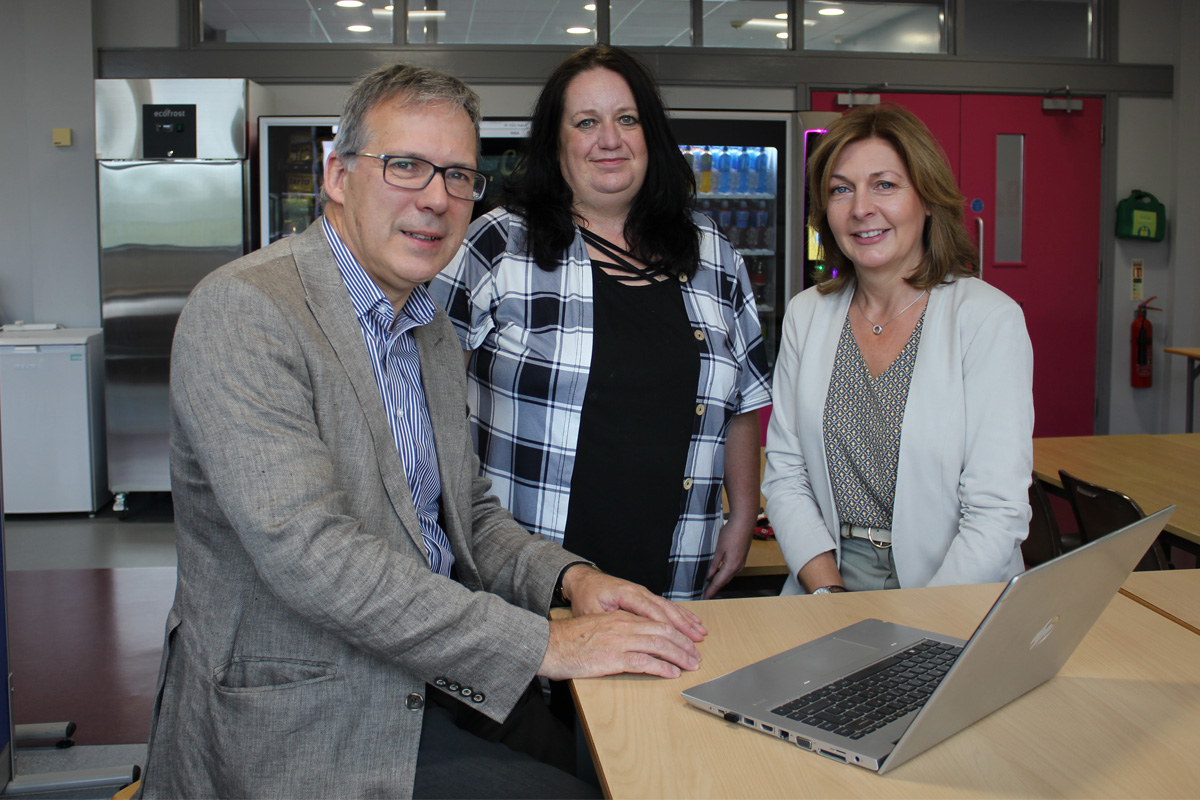We must proactively create COVID-secure environments to help save exam season

The COVID-19 pandemic may be in the Government’s rear-view mirror, but the virus is still causing widespread disruption. The long-anticipated return to the office has been beset by rising staff absences due to the virus, and the travel industry is still reeling in the pandemic’s aftermath. However, with the exam season ahead of us, schools and the student community will be equally impacted.
Headteachers have already warned of disruption to this summer’s exam season, largely due to a shortage of invigilators. With a substantial number of students sitting in-person examinations for the first time in more than two years, the lack of invigilators, a large number of whom are reluctant to take on their duties due to a fear of catching Covid-19, has been a cause for concern.
Schools are scrambling to deploy contingency plans, and some have even been forced to draw on parents as part-time invigilators. The problem is indeed serious, with a recent survey by the Association of School and College Leaders throwing up the fact that a third of schools have been unable to recruit enough invigilators for the summer season. Another survey by the National Association of Exam Officers (NAEO) interviewed 1025 exam centres and officers and 83% of those surveyed confirmed a shortage of invigilators.
The Government’s Department of Education has put on a brave face, saying that it does not anticipate “general disruption”. However, time is running out and it’s evident that schools and colleges need to put in place simple yet effective strategies to protect the health and wellbeing of both students and invigilators.
Although there has been a reduction in the number of infections and hospitalisations due to COVID-19, cases of people testing positive remain persistently high. Despite the fact that vaccination rates are extremely high many people are apprehensive about contracting the virus in crowded places.
Thus, it makes sense for schools and colleges to draw up and publicise comprehensive COVID prevention plans, including staggered start times, splitting exam groups, and using trained substitute staff to cover multiple exam sessions. A well-thought-out plan will also prove to be useful if, as many experts have predicted, new strains of the Omicron virus trigger a surge in cases this summer and autumn.
Schools and colleges can ensure that straightforward preventive measures like increasing distance between desks, setting up several hygiene stations at examination centres, and encouraging students and invigilators to wipe down common-use equipment and furniture can help prevent the spread of the virus. They can also introduce mask mandates for particular rooms, especially examination centres, and with benign weather expected in the summer, increasing ventilation through open windows can be helpful.
Testing remains a crucial and one of the most effective tools to combat the spread of the virus. Schools and colleges in consultation with the government should encourage students, invigilators, and teachers to take paid-for tests before coming into examination centres. A comprehensive testing framework will enable identification of outbreaks and for appropriate measures to be put in place to deal with them. A recent survey conducted in London showed more than half of Londoners believe that regular self-testing formed part of the ‘new normal’ and it is clear that educational institutes that fund tests are more likely to go through the exam season with minimal disruption.
Over the course of the pandemic, Cignpost Diagnostics has guided multiple businesses and institutions to create COVID-safe environments and effectively lead employees, members, patrons, and students through the chaos created by a constantly mutating virus. Instituting proactive measures to protect the health and wellbeing of individuals has delivered real value across the board.
It is clear that responsible educational institutions must take this opportunity to implement comprehensive COVID surveillance and establish prevention plans to mitigate against outbreaks during the vital exam season. Taking steps now has the potential to have a profound impact on improving health outcomes not just for students, teachers and invigilators, but for society as a whole.
By Professor Denis Kinane, Immunologist and Founding Scientist at Cignpost Diagnostics











Responses